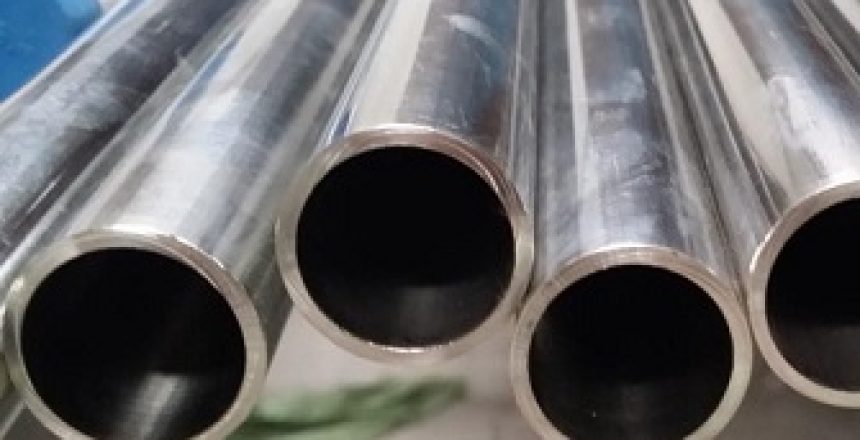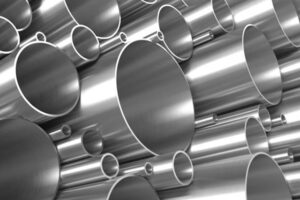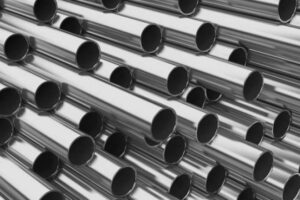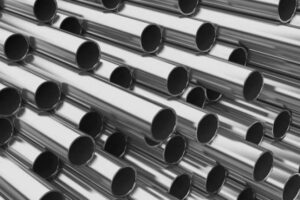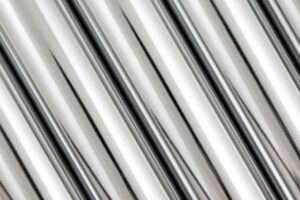Alloy 304/304H (UNS S30409) Alloy Pipe, Buttweld, & Flanges
Alloy 304/304H stainless steel Type 304/304H is a modification of Type 304 with carbon content controlled in the range of 0.04 to 0.10 for increased strength at temperatures above approximately 800 degrees F. Unlike 304L, Type 304H with a higher carbon content makes the steel more suitable for use in higher-temperature applications.
It is an austenitic chromium-nickel steel alloy and the greater carbon content delivers an increased tensile and yield strength.
The material is recommended for use in ASME pressure vessels in working service above approximately 1000 degrees F due to the grade’s heat-resistant properties. It is common for it to be dual-certified as 304/304H when the material meets the higher carbon and grain size requirements. The producer of the steel must certify the material as Type 304H if it is to be used as this type instead of Type 304.
This type is most commonly used in petroleum refineries. It is also found in boilers. Other applications include heat exchangers, condensers, pipelines, cooling towers, steam exhausts, and electric generation plants. On occasion, it will also be found in fertilizer and chemical plants.
Type 304/304H can be supplied to meet AMS, ASTM, ASME, QQS, and MIL-S specifications.
ADVANTAGES OF 304H
Type 304H stainless is suitable for high-temperature applications as it offers higher strength at temperatures above about 1000° F (550° C) and up to 1500° F (800° C.)
- Stainless Steel Type 304H offers good oxidation resistance in intermittent service to 1600°F (870° C) and in continuous service to 1700° F (925° C)
- Becomes sensitized in the temperature range of 800 – 1600° F (425-860° C); thus, Type 304H is not recommended if aqueous corrosion resistance is required and the product has either been welded or operates in the sensitization range.
- Recommended hot forging/forming temperatures of 2000 – 2300° F
- Pipes or tubes should be annealed between 1900° F and 2200° F
- The material should be water quenched or rapidly cooled from the annealing temperature
- This grade is quite ductile and forms easily
- Cold forming increases the strength and hardness of the grade
- Cold forming may make Alloy slightly magnetic
- Higher carbon content gives the material greater strength at high temperature
- The higher carbon results in greater tensile and yield strength
- The higher carbon results in greater short and long-term creep strength

